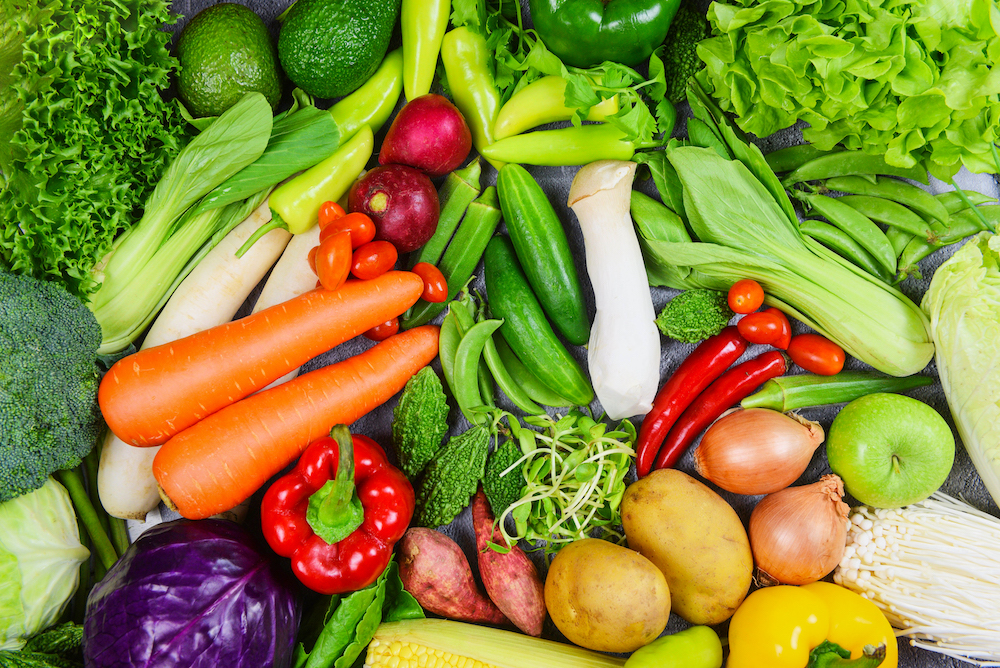Preventing food waste

Food waste is a growing global problem that not only has economic consequences but also impacts the environment and increases food insecurity. Fortunately, individuals, communities, and businesses can all contribute to reducing food waste. In this article, we discuss various ways to prevent food waste.
Raising awareness
It all starts with awareness. People must become aware of the impact of food waste. Educational institutions, government agencies, and nonprofit organizations can launch campaigns to raise awareness. These can range from organizing lectures and workshops to sharing facts and figures on social media.
Smart shopping and planning
An effective way to reduce food waste is by shopping and planning smartly. Make a shopping list before you go to the supermarket and buy only what you need. It is also helpful to check expiration dates to prevent food from spoiling before you can use it.
Portion control
It is common to serve too much food on our plates, which leads to leftovers. By being mindful of portion sizes and serving only what you are sure to eat, you can reduce waste. Additionally, you can save leftovers and reheat them for another meal.
Smart storage and preservation
Properly storing and preserving food is crucial to preventing spoilage. Use airtight containers to keep food fresh and label them with the dates they were prepared. This prevents unnecessary waste from spoiled food.
Donating to food banks
When you have food that you won’t use, consider donating it to food banks or other charitable organizations. This can make a valuable contribution to fighting food insecurity and reducing waste.
Composting
Not all food waste can be prevented, but it can be recycled usefully. Composting is an environmentally friendly way to turn food scraps into fertile compost for gardens. By composting, you reduce landfill waste and contribute to sustainability.
Preventing food waste is a collective responsibility. Everyone can play a role in reducing food waste by being mindful of their consumption habits, shopping smartly, donating to food banks, and processing food scraps in an environmentally friendly way. Together, we can make a difference and contribute to a more sustainable future.


